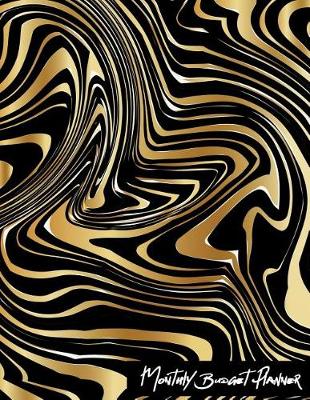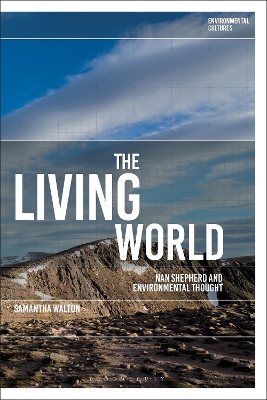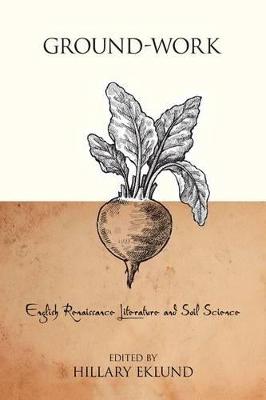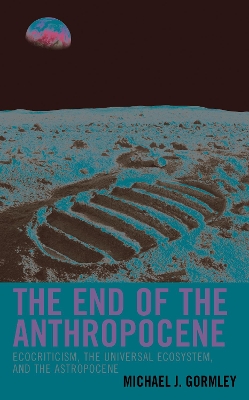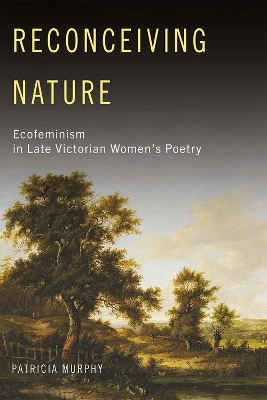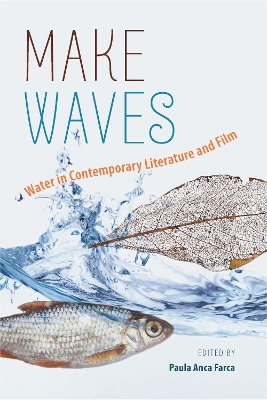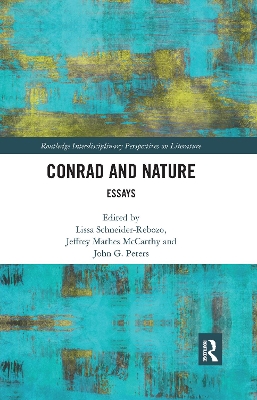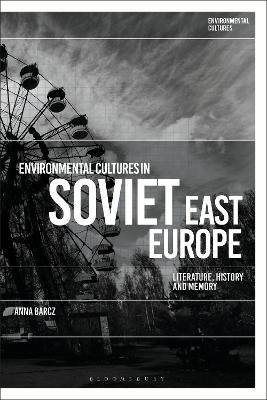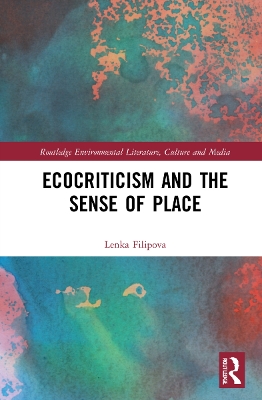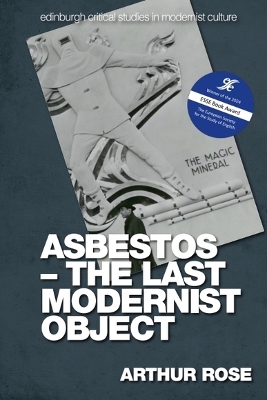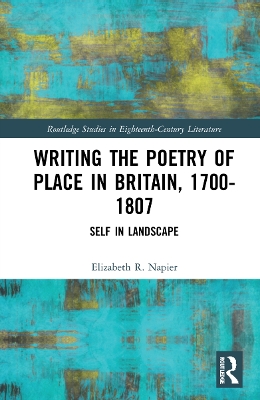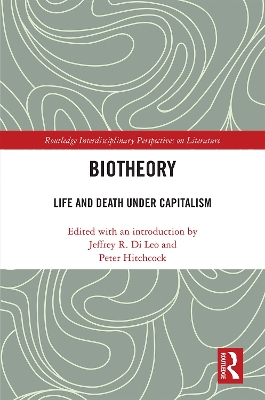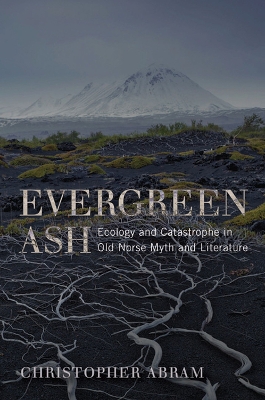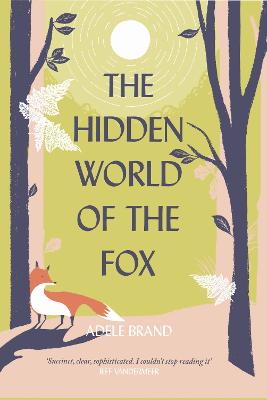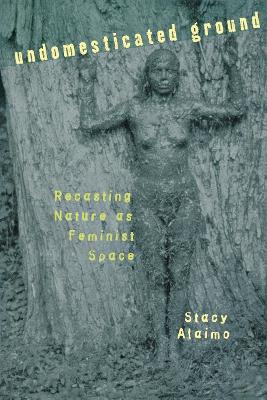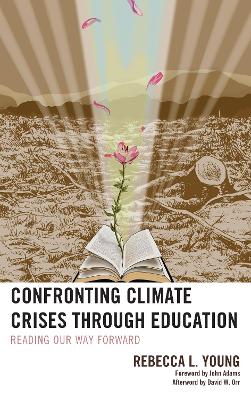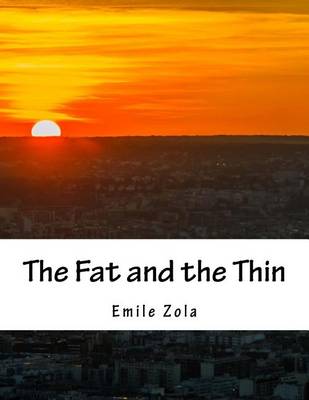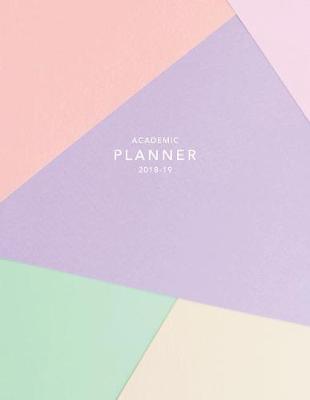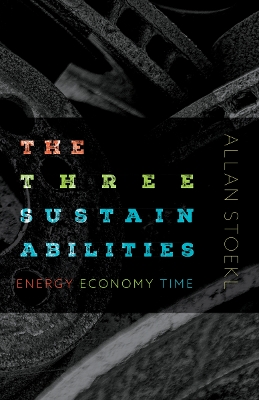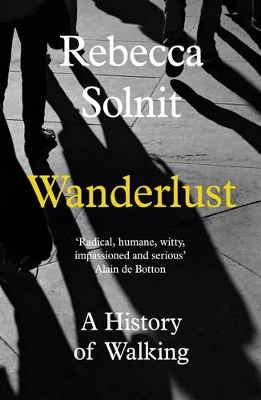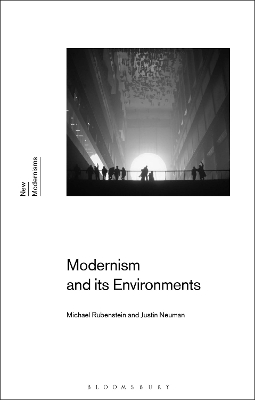Harnessing new enthusiasm for Nan Shepherd's writing, this book asks how literature might help us to reimagine humanity's place on earth in the midst of our ecological crisis. The first book to examine Shepherd's prose and fiction through an ecocritical lens, The Living World reveals forgotten details about the scientific, political and philosophical climate of early twentieth century Scotland, and offers new understandings of Shepherd's distinctive environmental thought. With a focus on The Liv...
Ground-Work (Medieval & Renaissance Literary Studies)
The End of the Anthropocene (Ecocritical Theory and Practice)
by Michael J. Gormley
In The End of the Anthropocene, Michael J. Gormley examines literary imaginations of the anthropocene's end and the future of the astropocene. Gormley analyzes literary images of human tracks on Earth, the Moon, and Mars to characterize the late-stage anthropocene and to explore humanity's role in the universal ecosystem. The End of the Anthropocene uses a predictive and paradigmatic model of ecocriticism, examining science fiction works as interplanetary nature narratives.
Glimmerings of ecofeminist theory that would emerge a century later can be detected in women's poetry of the later Victorian period. Patricia Murphy examines the work of six "proto-ecofeminist" poets - Augusta Webster, Mathilde Blind, Michael Field, Alice Meynell, Constance Naden, and L. S. Bevington - who contested the exploitation of the natural world. Challenging prevalent assumptions that nature is inferior, rightly subordinated, and deservedly manipulated, these poets instead "reconstructed...
From ancient Greek and Egyptian mythology to modern times, water has symbolized life, wisdom, fertility, purity, and death. Water also sustains and nourishes, irrigates our crops, keeps us clean and healthy, and contributes to our energy needs. Increased energy demands, coupled with the effects of climate change, have put a strain on our fresh water supply and water resources. Individuals and communities around the globe increasingly face droughts, floods, water pollution, water scarcity, and ev...
Conrad and Nature (Routledge Interdisciplinary Perspectives on Literature)
Conrad and Nature is the first collection of critical essays examining nature and the environment in Joseph Conrad’s writings. Together, these essays by established and emerging scholars reveal both the crucial importance of nature in Conrad’s work, and the vital, ongoing relevance of Conrad’s treatment of the environment in our era of globalization and climate change. No richer subject matter for an environmentally-engaged criticism can be found than the Conradian contexts and themes under inve...
Environmental Cultures in Soviet East Europe (Environmental Cultures)
by Dr Anna Barcz
For more than 40 years Eastern European culture came under the sway of Soviet rule. What is the legacy of this period for cultural attitudes to the environment and the contemporary battle to confront climate change? This is the first in-depth study of the legacy of the Soviet era on attitudes to the environment in countries such as Poland, Hungary and Ukraine. Exploring responses in literature, culture and film to political projects such as the collectivisation of agricultural land, the expansi...
Ecocriticism and the Sense of Place (Routledge Environmental Literature, Culture and Media)
by Lenka Filipova
The book is an investigation into the ways in which ideas of place are negotiated, contested and refigured in environmental writing at the turn of the twenty-first century. It focuses on the notion of place as a way of interrogating the socio-political and environmental pressures that have been seen as negatively affecting our environments since the advent of modernity, as well as the solutions that have been given as an antidote to those pressures. Examining a selection of literary representat...
Asbestos the Last Modernist Object (Edinburgh Critical Studies in Modernist Culture)
by Arthur Rose
Few modern materials have been as central to histories of environmental toxicity, medical ignorance, and legal liability as asbestos. A naturally occurring mineral fibre once hailed for its ability to guard against fire, asbestos is now best known for the horrific illnesses it causes. This book offers a new take on the established history of asbestos from a literary critical perspective, showing how literature and film during and after modernism responded first to the material's proliferation th...
Writing the Poetry of Place in Britain, 1700–1807 (Routledge Studies in Eighteenth-Century Literature)
by Elizabeth R. Napier
This book discusses the intrusion, often inadvertent, of personal voice into the poetry of landscape in Britain, 1700-1807. It argues that strong conventions, such as those that inhere in topographical verse of the period, invite original poets to overstep those bounds while also shielding them from the repercussions of self-expression. Working under cover of convention in this manner and because for each of these poets place is tied in significant ways to personal history, poets of place may la...
Biotheory (Routledge Interdisciplinary Perspectives on Literature)
Forged at the intersection of intense interest in the pertinence and uses of biopolitics and biopower, this volume analyzes theoretical and practical paradigms for understanding and challenging the socioeconomic determinations of life and death in contemporary capitalism. Its contributors offer a series of trenchant interdisciplinary critiques, each one taking on both the specific dimensions of biopolitics and the deeper genealogies of cultural logic and structure that crucially inform its impre...
Norse mythology is obsessed with the idea of an onrushing and unstoppable apocalypse: Ragnarok, when the whole of creation will perish in fire, smoke, and darkness and the earth will nolonger support the life it once nurtured. Most of the Old Norse texts that preserve the myths of Ragnarok originated in Iceland, a nation whose volcanic activity places it perpetually on the brink of a world-changing environmental catastrophe. As the first full-length ecocritical study of Old Norse myth and litera...
'A lovely little book ... quietly lyrical, often funny and gently persuasive' Sunday Times 'Succinct, clear, sophisticated. I couldn't stop reading it' Jeff VanderMeer We've all seen the fox. A flash of his brushy tail disappearing between the gap of a fence, a blaze of orange caught in the headlights as he scampers across the road. We've heard him too, his strange barks echoing in the city night. Perhaps we've even c...
From "Mother Earth" to "Mother Nature," women have for centuries been associated with nature. Feminists, troubled by the way in which such representations show women controlled by powerful natural forces and confined to domestic space, have sought to distance themselves from nature. In Undomesticated Ground, Stacy Alaimo issues a bold call to reclaim nature as feminist space. Her analysis of a remarkable range of feminist writings—as well as of popular journalism, visual arts, television, and fi...
Confronting Climate Crises through Education (Ecocritical Theory and Practice)
by Rebecca L. Young
Confronting Climate Crises through Education: Reading Our Way Forward envisions the responsibility of public education to engage a citizenry more prepared to address the challenges of a changing world. Young advocates a paradigm shift that positions ecopedagogy as the central organizing principle of curriculum and assessment design. Each chapter outlines ways literature can serve as a cultural lens for examining the complex patterns of contexts behind our most pressing climate concerns, includin...
The Fat and the Thin is a study of the teeming life which surrounds the great central markets of Paris. The heroine is Lisa Quenu, a daughter of Antoine Macquart. She has become prosperous, and with prosperity her selfishness has increased. Her brother-in-law Florent had escaped from penal servitude in Cayenne and lived for a short time in her house, but she became tired of his presence and ultimately denounced him to the police.
Academic Planner 2018-2019 (Mid Year Planners, #1) (Student Planners, #11)
by Planners and Notebooks and Jolly Journals
Bringing the word sustainability back from the brink of cliché—to a substantive, truly sustainable future Is sustainability a hopelessly vague word, with meager purpose aside from a feel-good appeal to the consumer? In The Three Sustainabilities, Allan Stoekl seeks to (re)valorize the word, for a simple reason: it is useful. Sustainability designates objects in time, their birth or genesis, their consistency, their survival, their demise. And it raises the question, as no other word does, of...
What does it mean to be out walking in the world, whether in a landscape or a metropolis, on a pilgrimage or a protest march? In this first general history of walking, Rebecca Solnit draws together many histories to create a range of possibilities for this most basic act. Arguing that walking as history means walking for pleasure and for political, aesthetic, and social meaning, Solnit homes in on the walkers whose everyday and extreme acts have shaped our culture, from the peripatetic philosoph...
Teaching Environmental Writing (Environmental Cultures)
by Isabel Galleymore
Environmental writing is an increasingly popular literary genre, and a multifaceted genre at that. Recently dominated by works of 'new nature writing', environmental writing includes works of poetry and fiction about the world around us. In the last two decades, universities have begun to offer environmental writing modules and courses with the intention of teaching students skills in the field of writing inspired by the natural world. This book asks how students are being guided into writing ab...
Modernism and Its Environments (New Modernisms)
by Dr Michael Rubenstein and Dr Justin Neuman
Modernism and Its Environments surveys new developments in modernist studies inspired by ecocriticism and the environmental humanities. Taking a fresh view of familiar topics in modernist studies such as the city, this book also introduces new topics and perspectives on modernism, such as: nature and wilderness; conservation and preservation; energy and fuel; waste and pollution; the animal and the human; and weather and climate. Ecocritical and environmentalist approaches have fundamentally alt...
